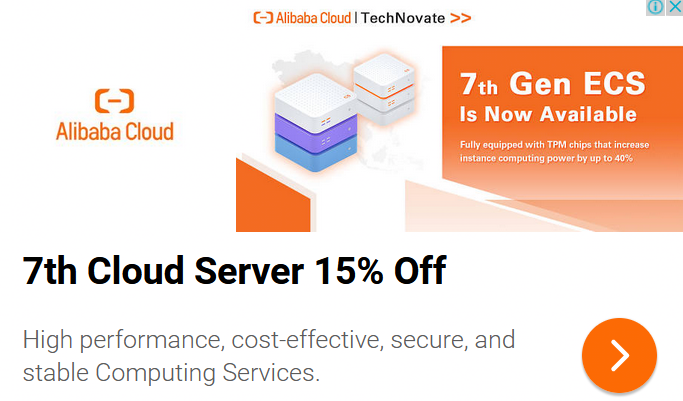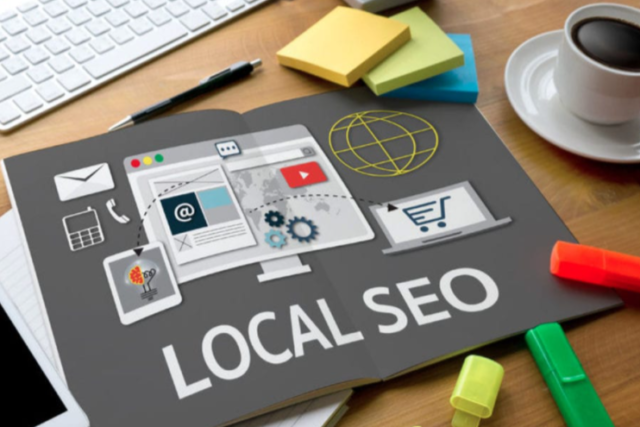If you own a pizzeria, dental office or copy center, or if you are generally an entrepreneur and manager of a local business, you should worry about ranking your website on Google and company. That said, how to succeed in the local SEO of your company’s website?
You have the inevitable obligation to give more visibility to what you sell on the web. Helping your current prospects and future customers find you on Google and its less popular counterparts, Bing and Yahoo is probably a rather difficult challenge to overcome.
Search engine optimization is not an exact science, certainly. But, it’s an exercise you don’t have the right to miss! SEO, done in the rules of the Art, is expensive and quite competitive. As a result, small businesses with small budgets really do not find a part of pleasure.
Succeed in the local SEO of your company’s website: it’s possible!
Local businesses have an advantage when it comes to SEO. You don’t have to compete with every company in your industry nationwide. Someone in Rabat who wants pizza doesn’t care about pizza delivery locations in Tangier, and Google knows that. You just need to beat your competitors in your immediate geographical area.
This is not to say that successful local SEO of your company’s website is an easy task. You still need to compete with other local businesses, and that means that your website’s SEO still requires an investment.
Today we offer you seven advanced measures that you can implement, as a Moroccan entrepreneur, to better succeed in the local SEO of your company’s website.
1. Perform an SEO audit.
Before you hear you say it’s an unnecessary step and would cost money for nothing, let us tell you one thing. Doing regular SEO audits is a good practice. Taking stock of your current situation provides you with the information you need to improve your strategy in the future, and succeed in the local SEO of your company’s website.
Start by analyzing your current website.
How do people find your website now?
Which pages on your website generate the most traffic?
How often do your website visitors take the steps you want, such as making a purchase, signing up for your email list, or coming to your store?
And what are the keywords on which you are currently positioning yourself?
An analysis will help you better understand what your audience is reacting to. If you can identify trends in the keywords you’re positioning for, and what types of pages and content most often drive conversions, you can update your SEO strategy so that the efforts you put into it allow you to go further.
2. Make sure your website works well on mobile devices.
Smartphones and tablets are an important part of the devices that people use to interact with the web. And local business websites are essentially aimed at visitors who are looking for what’s nearby when they’re on the go, hence the importance of having a responsive mobile website.
Everyone knows it today: Google favors websites that work well on mobile.
It goes without saying, a website that is difficult to browse on a smartphone quickly ends up annoying its visitors and ends up losing them as customers.
For this purpose, Google offers a mobile-friendly test in which you can enter your URL to check if your website works well on mobile devices. This tool even allows you to get suggestions to improve the mobile experience, in order to succeed in the local SEO of your company’s website.
3. Optimize your registration on Google My Business.
Google’s algorithm is designed to recognize when a keyword has local intent. This is the SEO language for keywords where the searcher is interested in finding results located nearby. For these keywords, the search engine results page (SERP) prominently includes a map and a local set of three nearby businesses.
One of the main elements used by Google to determine which results to display in the local pack is the information contained in your Google My Business listing. It is essential for local SEO to ensure that your Google My Business listing is claimed, complete and optimized.
To do this:
Be sure to select the most relevant category for your list.
Fill in all the information requested by Google.
Add high-quality images.
Include a phone number with a local area code.
Providing a comprehensive Google My Business list isn’t just good for helping you achieve local SEO of your company’s website. It also allows potential customers to get more information about the relevant companies in their area. If a customer sees your address and schedules on the SERP, it can help them decide faster if you’re the company they need.
4. Put your nap local quotes in order.
NAP stands for Name, Address and Phone Number. This is the acronym that search engine optimization professionals use to describe all the lists of companies on the web that contain these three pieces of information.
Make sure your business is listed in as many places as possible. Think of customer review sites, local directories like the Chamber of Commerce, government sites, etc. But you’ll also need to make sure your information is consistent everywhere, so Google knows how to make the right connection between them.
Find a consistent spelling to use for your business (for example, Av Med V vs. Avenue Med V – you have to stick to one). And choose a local phone number to include in each quote. Work to add your website wherever it is not yet listed, and update lists that are outdated or do not match the standard information you have established.
There are local SEO tools that will make it easier for you. We think of applications like White Spark, Loganix, Yext or BrightLocal. These tools will help you identify local citations that you can benefit from, and can automate the process of adding and updating citations on many sites.
5. Get feedback from your customers.
SEO experts believe that online reviews are an essential ranking factor for local businesses. According to a 2018 Moz survey of local SEO professionals, about 15% of how Google determines what to include in the local pack is due to reviews.
As long as it’s your customers who provide the reviews and ratings, you have no control over them. To get started, make sure your products and services are exceptional. Take every opportunity to go further and truly impress your customers. Successful local SEO of your company’s website also depends on the relationship you have with your audience.
Feel free to ask customers directly to leave honest reviews. You can do this in follow-up emails after a purchase, via questionnaires on your website, etc. If you let your customers know you’re interested in a review, more of them will take the few minutes it takes to provide one.
6. Create content focused on local issues.
Content is an important part of any good SEO strategy. It gives you the ability to target more relevant keywords and gives other websites more reasons to link to you. In addition, regularly updating your website with fresh content tells Google that your site is up to date.
All this helps to improve SEO and allows you to succeed in the local SEO of your company’s website. As a local business, you can make your content strategy go further by identifying local keywords you need to focus on.
A local home delivery business could cover topics like “fast pizza delivery in Tangier” or “the fastest pizzas in Tangier.”
7. Turn your local community into a social human network.
The hardest part of SEO is link building, and backlinks are an important factor in how Google’s algorithm determines the value of your website. While there are many link building tactics to try, some of which are well worth your time, the websites most likely to link to yours are those that are run by people who know you and your brand.
Building relationships with people in your community is a smart tactic to gain connections. But, it’s a slow process. It’s not enough to just participate in a single networking event and hope to get a large number of links!
But by getting to know the owners of other local businesses, local bloggers, influencers and journalists, as well as people involved in local nonprofits, you’ll get the contacts that will allow you to raise awareness of your business within the local community.
Over time, this will allow more companies to link to you naturally organically. And any link building campaign that involves getting in touch with other website owners will be easier and more effective. If the person you are contacting already knows you, it is much more likely that they will respond favorably to your request.




MOST COMMENTED
DreamHost E-commerce Hosting: Building Online Stores
Is it better to dropship with Amazon FBA or with Shopify?
10 reasons to start your blog today!
How to create a travel blog?
5 ways to make money with your blog
5 newsletter ideas to boost your Christmas sales
How to find the best niches in dropshipping?